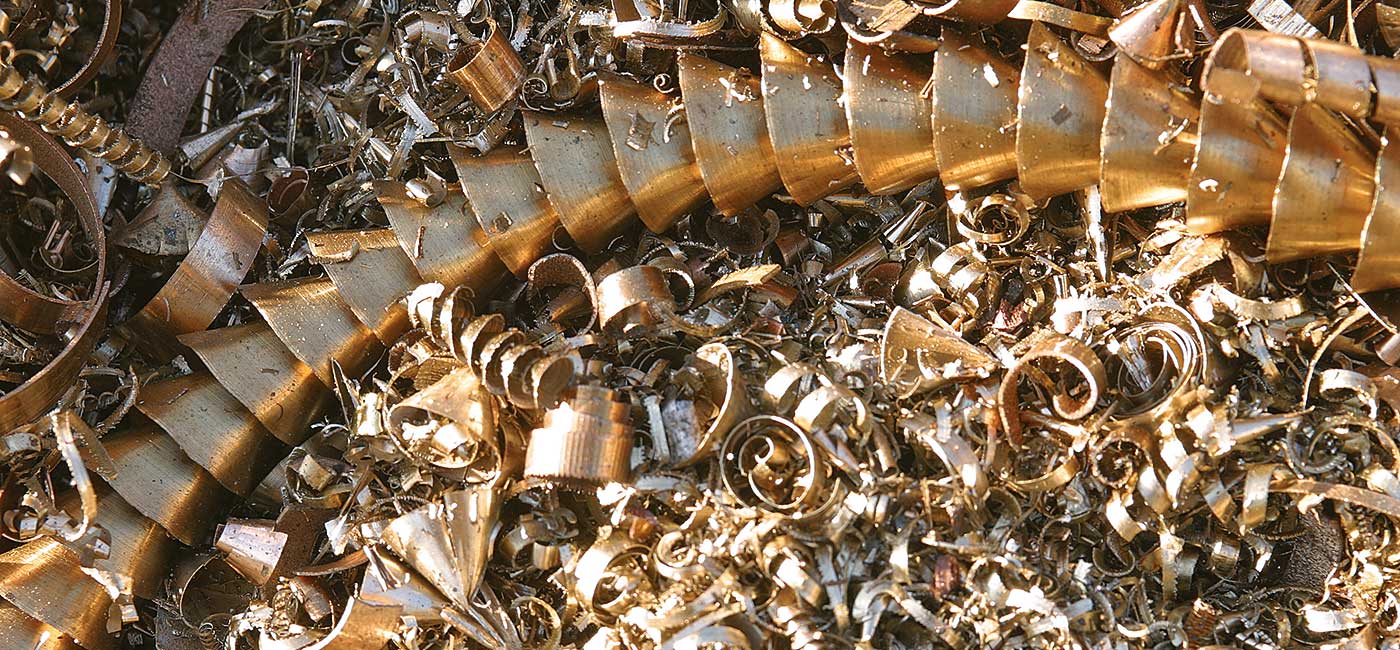Local sourcing of raw materials in Nigeria has surged from 48 percent in 2013 to 52 percent in 2015, President of Manufacturers Association of Nigeria, MAN, Frank Udemba Jacobs, has revealed.
Jacobs, who spoke on Thursday, September 29, in Abuja, said: “This was possible because of the backward integration policy of the Government.”
The MAN Boss advised the government to focus on price stability and economic growth; timely and forceful reactions of both monetary and fiscal policy makers; monetary and fiscal policy authorities working together; reduced interest rates on main refinancing operations and well designed and implemented stimuli package.
Countries producing industrial goods were usually more economically prosperous than those solely dependent on the sale of primary raw materials.
The President of the Dangote Group of Companies, Aliko Dangote, said industrialisation was the reason for the wealth gap between advanced industrial economies and developing economies, especially those in Sub-Saharan Africa.
“Industrialisation is at the heart of any growth economy and is a proven process through which economic prosperity and inclusive growth are achieved,” Dangote said, adding: “It not only increases a nations’ aggregate wealth but also the per capita income of its citizens.”
The manufacturing sector contracted by -2.9 percent in 2015 as against growth rates of 21.8 percent and 14.7 percent in 2013 and 2014, respectively, while the aggregate manufacturing jobs created in 2014 and 2015 was 20,535 jobs as against 53,340 jobs created in the sector in 2013 alone.














